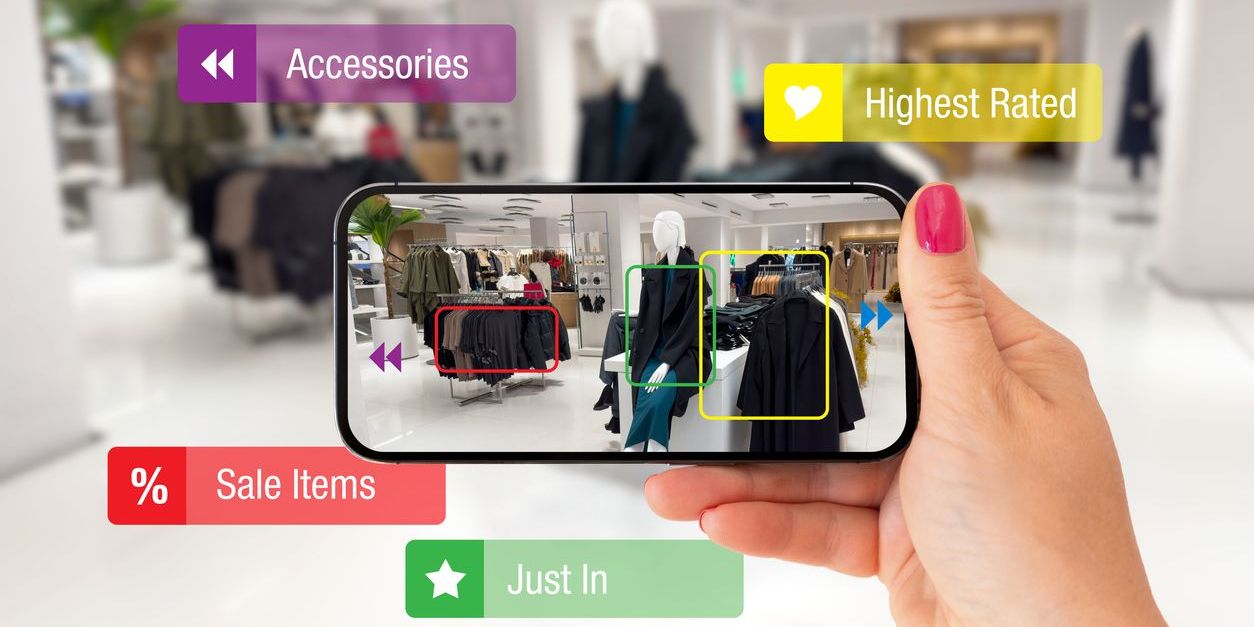Artificial Intelligence (AI) was no more than a vague, abstract concept for the vast majority of people until recently. Today, AI has gone mainstream, infiltrating both our personal and professional lives.
While still in its infancy, AI is transforming the way businesses across all sectors and industries engage with their customers. Retail is one industry that’s experiencing major disruption.
Retailers have no shortage of data, but they often struggle to make sense of disparate sets – much less identify ways to leverage that data to optimize the customer experience. Integrated CX platforms, powered by AI, have the ability to analyze and interpret these vast, disjointed data sets. Retailers that strategically leverage these platforms, and other AI-powered tools, are better equipped to deliver outstanding experiences throughout the customer journey.
Let’s dive into the role of AI and integrated CX in shaping retail experiences – and how this winning combination is empowering retailers to deliver intelligent, outstanding experiences that attract, convert, and retain customers.
Ultra-Personalized Experiences for Every Shopper
In the world of retail, generic, one-size-fits all communication and experiences were once the norm. A retailer would air a commercial on TV or run an ad in a magazine – and cross their fingers that it would resonate with at least a portion of viewers.
Today, generic experiences no longer cut it.
Retail consumers expect, and sometimes demand, experiences that are tailored to their unique needs and preferences. What’s more, they expect a brand to keep pace as their needs and preferences evolve over time.
Integrated CX platforms, powered by AI, unify customer signals from a myriad of sources, including historic transactions, different types of surveys, reviews, social media interactions, and more. Collectively, those signals provide a complete, 360-degree view of each customer. Retailers can tap into this holistic view to power ultra-personalized experiences for every customer.
Efficiency Across All Touchpoints
The way consumers interact with retailers (and want to interact with them) is evolving. During the pandemic, this evolution accelerated.
Browsing and buying in a brick-and-mortar store was once the default, but today, is far from reality.
They’re engaging with brands via mobile browsers, apps, messaging channels, and social media—just to mention a few. They expect instant feedback–-whenever and wherever a need arises.
AI-powered chatbots allow retailers to deliver the instant engagement consumers expect. These chatbots and virtual assistants are equipped to handle all sorts of inquiries—whether the shopper is just starting to explore options or has already made a purchase.
If a shopper is early in the purchase journey, an AI-powered chatbot can answer questions and provide personalized recommendations based on previous transaction history (if known) or on the customer’s answers to a few basic questions. Some chatbots also allow customers to quickly make a purchase right in the chat. After a purchase is made, virtual assistants provide order updates and help resolve any issues that may arise.
Conversational AI tools can help retailers deliver seamless, connected interactions. They can accurately determine when a customer’s inquiry requires the assistance of a real human—and can then transfer them to the right person for the task. This cuts down wait-times, which is a top frustration among consumers.
Analyzing Feedback to Optimize Experiences
Customer feedback has always been key to optimizing retail CX. That’s nothing new.
Traditionally, surveys were the primary way for collecting customer feedback. Make no mistake: surveys are still valuable. However, many consumers are facing “survey fatigue”, decreasing their likelihood of engagement. Retailers need to diversify their feedback mechanisms.
Consumers leave plenty of signals (feedback) across these platforms—some direct, some implicit. But many retailers struggle to decode this hodgepodge of both structured and unstructured data.
Integrated CX platforms, using AI, empower retailers to amalgamate diverse datasets. All those customer signals are translated into actionable insights that will improve CX and increase customer satisfaction and retention.
AI Presents Retailers With New Challenges
AI is improving the way retailers interact with their customers. By and large, this is a good thing. However, AI does present some unique challenges to retailers.
One key challenge is balancing personalization and privacy. Retail consumers have come to expect personalized experiences, wherever they are on the shopping journey. Of course, such experiences depend on data. Retailers must ensure their customer data – and their use of AI to analyze it – is safe and secure.
When it comes to AI, there are three additional, major concerns:
- AI Operates as a “Black Box”: To the average person, the ins and outs of AI are largely a mystery. For example, there’s usually no visibility into:
- Which datasets are being used
- Where the data comes from
- Which algorithms are being implemented
As such, it’s difficult – if not impossible – to discern how a specific recommendation or decision was made.
- Bias is Common: In the world of AI, inherent biases are rampant. This can lead to skewed or biased outputs.
- There is Risk: In today’s world, AI is everywhere. It’s woven into the fabric of our personal and professional lives. People are leveraging AI for just about everything, from creating a household budget to drafting professional correspondence to finding a spouse. The sheer volume of data being channeled into public spaces introduces risk.
Consumers are loyal to retailers they trust. Retailers must be laser-focused on earning and preserving the trust of their patrons.
Though it’s tempting to go “all in” on AI, retailers, and everyone else for that matter, must do so responsibly. Retailers must recognize the challenges presented by AI – and then work to address them. In addition, retailers must prioritize transparency to foster consumer trust.
A Final Word
Though it’s a relatively new technology accessible to the public, AI is already transforming the retail customer experience.
Retailers have a wealth of data available to them to fuel better experiences. Integrated CX is integral to making sense of data from disconnected sources—and shedding light on opportunities to act on those insights.
Retailers must make it a priority to use AI ethically and responsibility in order to preserve customers’ trust. In today’s competitive marketplace, the most successful retailers will be those that create intelligent, personalized AI-driven CX, that are safe, private, and secure.
See how InMoment is leading this charge with its award-winning, integrated CX platform.
References
Mckinsey & Company. The value of getting personalization right—or wrong—is multiplying (https://www.mckinsey.com/capabilities/growth-marketing-and-sales/our-insights/the-value-of-getting-personalization-right-or-wrong-is-multiplying/). Access 12/20/23.




